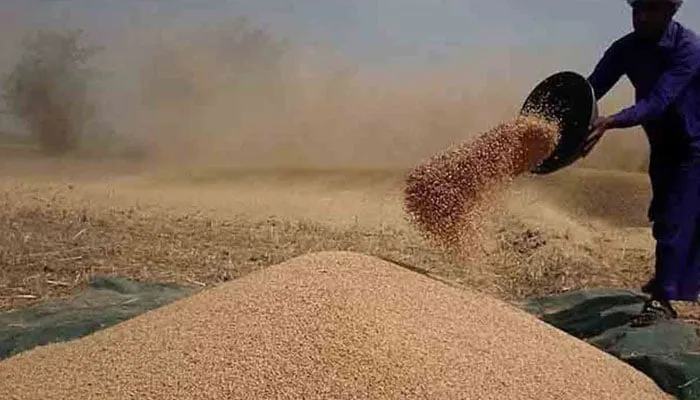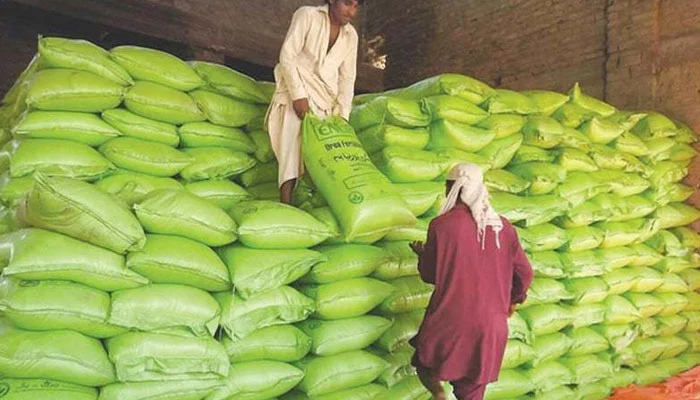Amidst growing apprehension among farmers, the Punjab government’s delay in initiating wheat procurement has sparked concern, with reports indicating a shift in strategy away from traditional procurement methods.
Sources within the Punjab Food Department have revealed that the government currently has no plans to commence wheat procurement activities. This decision, according to insiders, stems from Chief Minister Punjab Maryam Nawaz’s directive to prioritize direct benefits for farmers over intermediaries. The government aims to ensure that farmers receive fair compensation for their produce without being exploited by middlemen.
The decision reflects a broader shift in agricultural policy, with the government seeking to empower farmers and safeguard their rights. By eschewing conventional procurement channels, the government aims to eliminate inefficiencies and ensure that farmers receive their due share of profits from wheat sales.
Currently, Punjab boasts a substantial wheat surplus, with approximately 22 lakh 70 thousand tons of wheat in storage. Given the abundance of wheat reserves, the government contends that additional procurement may not be necessary at this juncture. Moreover, the cost implications of surplus procurement, including hefty interest payments and storage expenses amounting to billions of rupees annually, further justify the government’s cautious approach.
In lieu of traditional procurement practices, the government plans to redirect saved funds towards providing enhanced facilities for farmers, including the issuance of Kisan Cards and other agricultural subsidies. This strategic reallocation of resources underscores the government’s commitment to fostering agricultural prosperity and empowering rural communities.
Notably, sources within the food department assert that a significant portion of farmers’ wheat has already been sold, with approximately 95% of the total produce already accounted for. However, challenges persist due to the absence of imported wheat and incidents of smuggling, which have hindered the government’s efforts to sell its own wheat reserves effectively.
While the decision to delay wheat procurement may alleviate financial burdens on the government and streamline agricultural subsidies, concerns linger regarding its potential impact on farmers’ livelihoods. Farmers, reliant on timely procurement and fair prices for their produce, may face uncertainty and financial strain in the absence of government intervention.
Moreover, the delay in procurement raises questions about the government’s ability to effectively manage wheat stocks and ensure food security in the long term. With wheat being a staple crop essential for food security and livelihoods across Punjab, the government must strike a delicate balance between fiscal prudence and agricultural support.
As stakeholders await further developments, the government’s commitment to prioritizing direct farmer benefits underscores a broader shift towards empowering agricultural communities and fostering sustainable rural development. However, proactive measures will be essential to address any unintended consequences and ensure that farmers continue to receive equitable compensation for their hard work and contributions to the agricultural sector.



